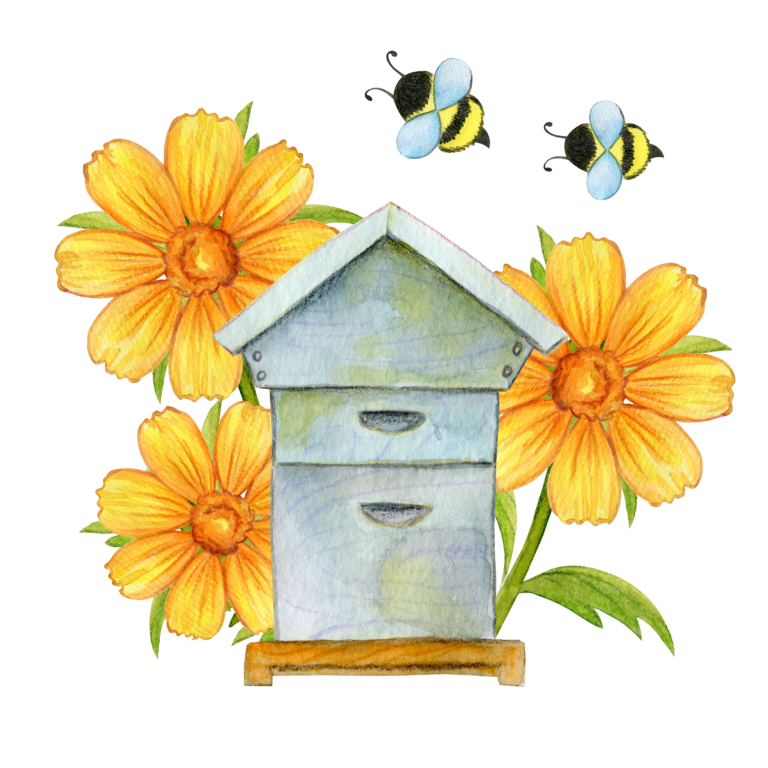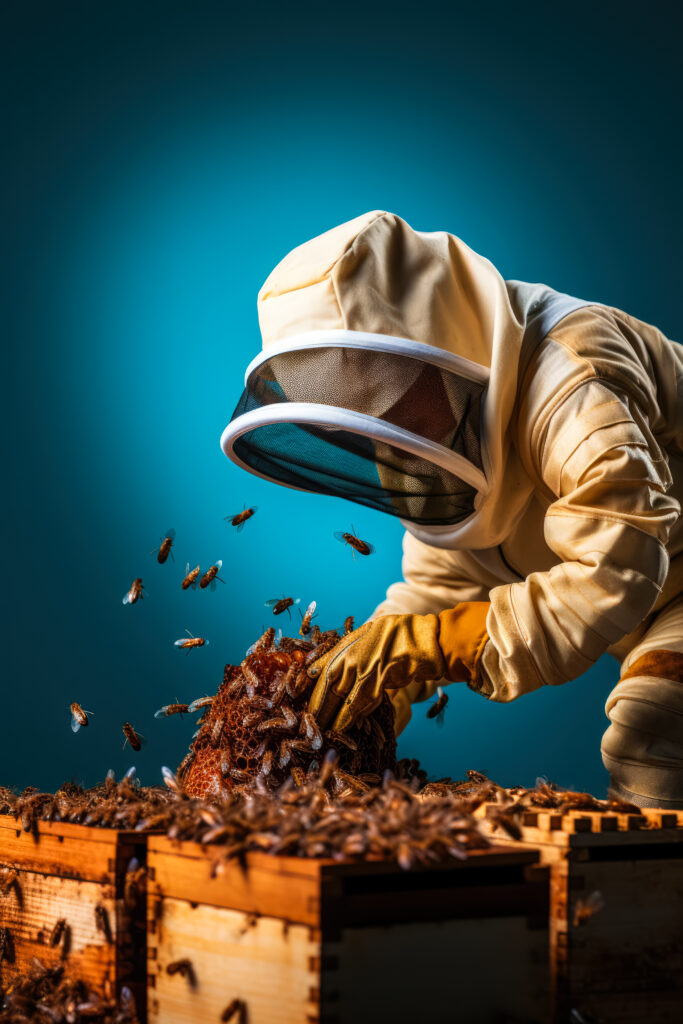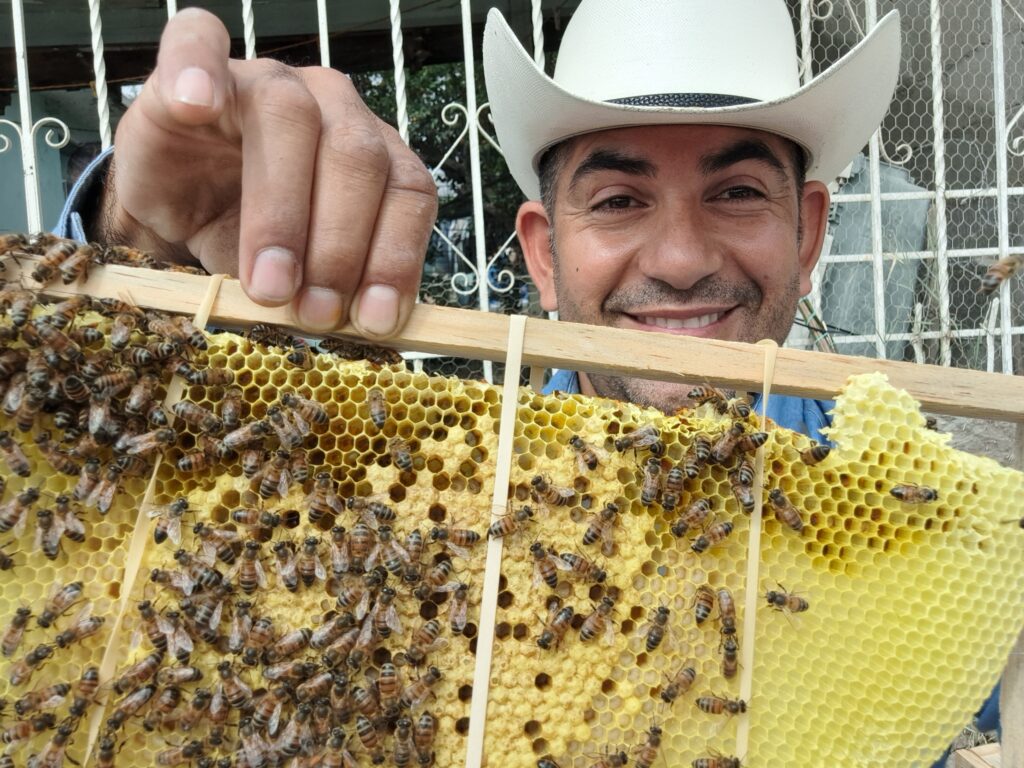Beekeeping Pollination services.
Pollination Services: Fundamentals, Importance, and Challenges
Introduction
Pollination is a crucial process for the reproduction of numerous flowering plants worldwide. Although this natural phenomenon has existed since time immemorial, its role in agriculture and environmental conservation has gained increasing significance in recent decades. "Pollination Services" refer to the contribution that pollinators, such as bees, hummingbirds, bats, and other insects, provide to plant fertilization, resulting in the production of fruits, vegetables, and seeds essential for human sustenance and biodiversity.
Importance of Pollination Services
Food Production: Over 75% of major crops grown for human consumption rely on pollination services. This includes crops like apples, pears, almonds, pumpkins, and strawberries, among others. Without pollination, the production of these foods would be severely compromised, significantly impacting global food security.
Biodiversity: Pollination is a fundamental component of natural ecosystems. Many wild plants and trees depend on pollinators for their reproduction. The disappearance of pollinators could lead to a reduction in plant diversity, ultimately affecting wildlife that relies on them.
Economy: Pollination Services also have a substantial economic impact. Agricultural production heavily depends on pollination, driving industries such as farming and beekeeping. Moreover, pollinators also play a role in the production of non-food products like fibers and oils.
Nature Conservation: Protecting pollinators and promoting healthy habitats for them are essential for biodiversity conservation. Pollinators also play a significant role in pollinating plants that serve as food and shelter for wildlife.
Challenges for Pollination Services
Despite their importance, Pollination Services face several challenges threatening their continuity:
Habitat Loss: Urban expansion and intensive agriculture have led to the degradation and loss of natural habitats for pollinators, reducing their sources of food and shelter.
Pesticide Use: Exposure to agricultural pesticides, such as neonicotinoids, has been shown to have detrimental effects on the health of pollinators, reducing their ability to perform pollination.
Climate Change: Climate change can alter the flowering patterns of plants and affect the availability of food for pollinators.
Diseases and Parasites: Bee populations, in particular, have been affected by diseases and parasites, such as the Varroa destructor mite.
Air and Water Pollution: Air pollution and water contamination can negatively impact pollinators and their habitats.
Conclusion
Pollination Services are an essential component of life on Earth, both from an ecological and economic perspective. The conservation of pollinators and the promotion of sustainable agricultural and land-use practices are crucial to ensure the ongoing availability of food and the preservation of biodiversity. Collaboration between scientists, farmers, governments, and society at large is fundamental to address the challenges faced by Pollination Services and secure a sustainable future for our planet.




